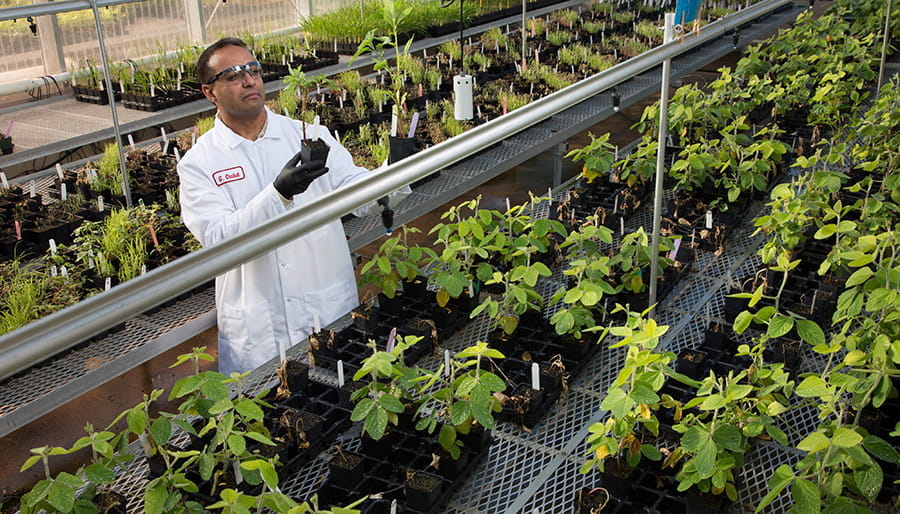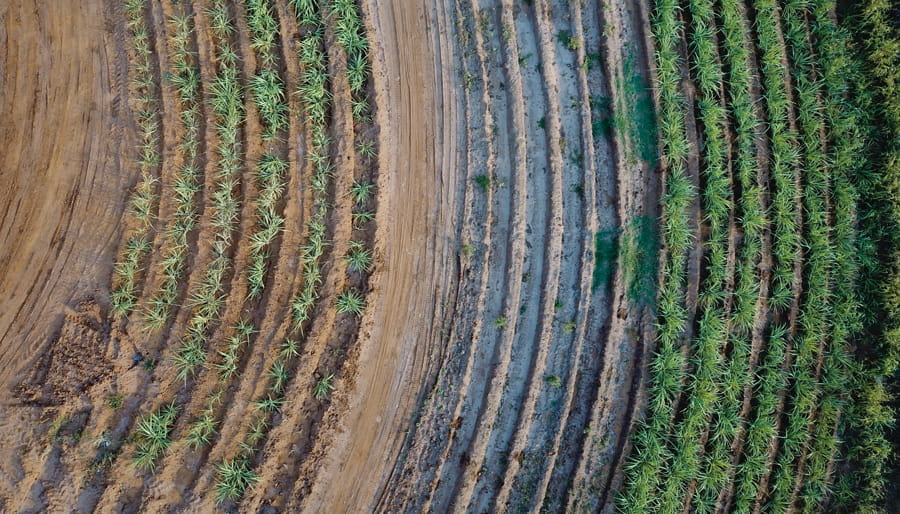Feeding the world in 2050
Global agricultural is facing a substantial productivity challenge in the years ahead. According to the World Resources Institute, the agricultural sector needs to produce nearly 70% more crops by 2050 to feed the world’s growing population compared to 2006 levels1. This means that crop yields will need to increase by more than one third from 2006 to 2050 compared to the previous 44 years. And with climate change adding additional stress to productivity in many agricultural regions, the industry needs innovative and sustainable solutions to help meet the growing demand for food.
Finding the answers in nature
One approach to improving agricultural productivity comes from nature itself in the form of the bacteria that live in, on and around plants. According to the American Academy of Microbiology, microbial solutions to improve plant health have the potential to increase crop productivity by 20% and reduce fertilizer and pesticide requirements by 20% within 20 years.2
Chr. Hansen has over 140 years of experience in microbials, and we utilise this expertise to produce bacterial solutions that have been proven to not only increase crop yield but also help prevent disease and protect crops from pests and drought stress.
"No one knows microbiology and fermentation better than the team at Chr. Hansen. Their expertise in scouting, screening and scale-up production complements the work we do so well in formulation and bringing products to market."
Mark A. Douglas, President FMC Agricultural Solutions


